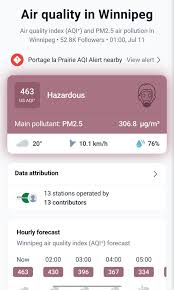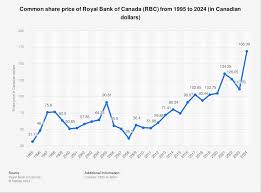
Introduction: The Significance of Air Quality
Air quality is a vital aspect of public health and environmental sustainability, affecting the well-being of residents in Winnipeg and beyond. Recent reports have highlighted fluctuations in air quality due to various factors, including urban development and climate change. Understanding these dynamics is crucial for residents looking to safeguard their health and lifestyle.
Current Air Quality Situation in Winnipeg
In recent months, Winnipeg has experienced varying levels of air quality categorized by Environment and Climate Change Canada (ECCC). Data collected indicates that, during the summer months, air quality has often deteriorated due to elevated ground-level ozone and particulate matter. During the infamous wildfire season, Winnipeg’s air quality index (AQI) frequently reached ‘unhealthy’ levels, causing health advisories to be issued for vulnerable populations.
The ECCC has reported spikes in pollutants during the dry and windy periods that align with the ongoing climate crisis. On August 1, 2023, for instance, the AQI peaked at 171, indicating unhealthy levels, particularly affecting children, elderly individuals, and those with pre-existing respiratory conditions.
Impacts on Public Health
The negative implications of deteriorating air quality can lead to numerous health issues, including respiratory diseases, cardiovascular problems, and exacerbations of pre-existing health conditions. Victoria, a local health official, warned that prolonged exposure, even at comparatively low levels, can lead to chronic health issues over time.
Community Responses and Future Avenues
Community efforts are underway to combat air quality issues in Winnipeg. The City of Winnipeg announced a new initiative aimed at increasing green spaces and implementing stricter regulations on emissions from industrial activities. Additionally, public health campaigns encourage residents to stay indoors during periods of poor air quality and to use air purifiers to mitigate personal exposure to pollutants.
Consultation meetings involving local stakeholders and environmental groups are planned for the coming months to develop a comprehensive strategy for improving air quality across the city.
Conclusion: Looking Ahead
As air quality remains a critical concern for Winnipeg residents, it is essential to stay informed about the current conditions and participate in community initiatives aimed at making lasting changes. Understanding the effects of air quality on health and the environment is crucial for residents looking to advocate for better policies. Moving forward, collaboration between government entities, health officials, and communities worldwide will be imperative in addressing air quality issues effectively.

